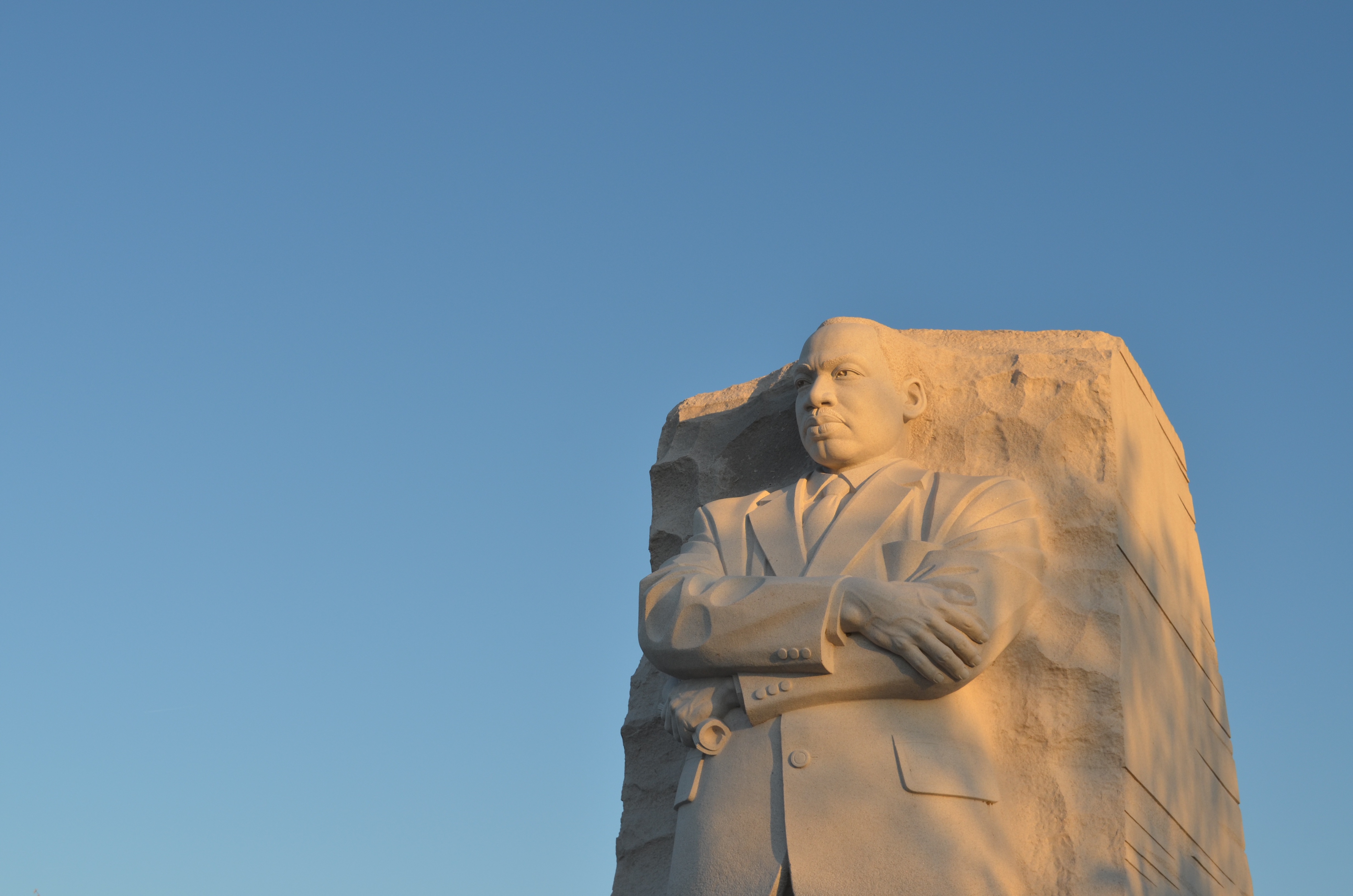Realistically, the African American community contributes in the neighborhood of only ten million votes in a national election. It takes sixty million to win. The assumed novelty of the African American vote is that African Americans vote in a condensed group. This is what the Democratic party has been exploiting since the 1960s. Again, don’t forget President Lyndon B. Johnson’s actions of insult on the African American vote. He stated that he would have African Americans voting democratic for the next two hundred years and so far, he’s been right. But since it’s about the electoral – college votes and not the popular vote in a presidential election, the African American vote; or lack of it can mean a candidate winning or losing a state.
As far as local politics, there are still too many people that don’t bother to vote. Third party candidates have been able to field successful candidates when they get enough voter support. If there were more voters in play on a regular basis and not just every four years, you’d see a lot more movement and less incumbents—both republicans and democrats—taking space. This would force all officials to do more while occupying office. In close races the African American vote has some significance. But the problem and the pattern that I’m seeing is that neither party has attempted to actively “woo” the African American vote. Instead, when one party makes an overture of some sort—usually legislation that’s favorable to minorities— the other party opposes the direction and looks for ways to win without the African American vote (including manipulating to suppress it so that it’s not a factor).
After the 1960s, the GOP mostly abandoned the African American vote in favor of the angry white working class vote, based on constitutional points which dovetailed nicely with working class white resentment. The southern strategy was about gaining the white vote in key areas of the south. At no point in time was the African American vote a consideration—it remains a persistent problem within the community. Though African Americans have been excluded in efforts to “woo” the vote, after this past presidential election, many have now been involuntarily included in the collective angst about it.
History teaches us that groups in the underclass which coalesce politically are able to gain economic power. But there’s always been a concerted effort to keep this from developing in African American communities. African Americans never took to head-bursting for their power in the same way other groups have done. Additionally, when African Americans did form some semblance of militancy, it was subverted from within and attacked from the outside by the government—namely J. Edgar Hoover—an attack also specific to African American civil rights groups. Republicans have shown so far that rather than offer something to black voters, they’d simply prefer to negate things. They went out of their way to reduce early voting hours this past presidential election, which suppressed the vote. Many states make it incredibly difficult for convicted felons to re-establish their voting rights, again reducing the vote. Voter ID laws were put into place to take even more African American voters off the rolls.
I’m not sure if The GOP will offer anything to African American voters moving forward. There seems to be too much tainted blood between Republicans and Democrats and African American voters. If they do move toward inclusion, it’s much more likely to be executed with other minority groups. In fact, African American voters need not wait for any political party to offer them anything at all. It’s more about the collective asserting a standard requirement in exchange for the vote, and being concise and specific about what those critical issues are.
African American leaders, politicians, church leaders and community organizers haven’t successfully articulated the demands of the black constituency for the past forty or fifty years. As a result blacks have missed opportunities to impact policy on local and state levels.
Rather than looking for political parties to engage our community and stir us to action, we should reflect and amplify our own initiatives. Can we “woo” ourselves to action?
